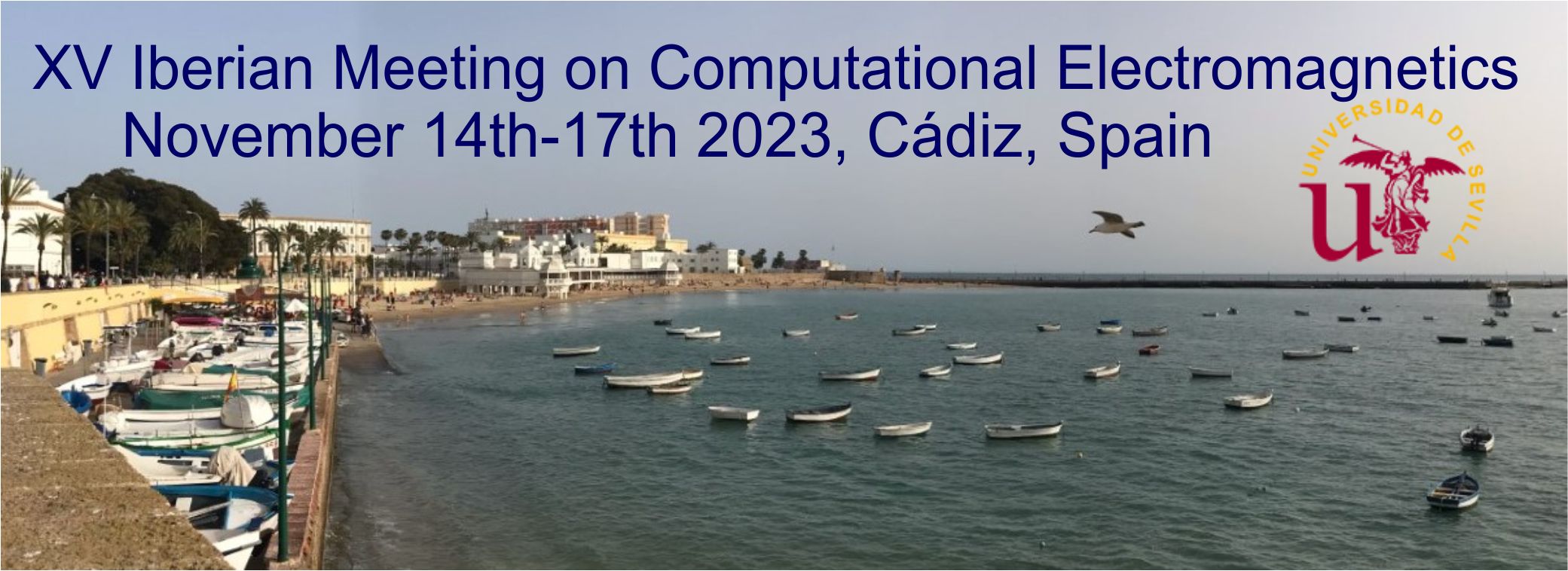General information:
The official languages of the meeting are Spanish, Portuguese and English. However, in previous editions of the EIEC, the General Assembly decided to set the following rules:
- All the written materials elaborated by the participants –abstracts, papers, slides, etc.- are expected to be only in English.
- The oral presentations can be made in any of the three official languages of the conference: Spanish, Portuguese or English.
The conference proceedings will not be published on-line to avoid copyright conflicts of interest with similar research material published in other conferences or journals.
Specific information:
- Abstract:
- The authors are expected to send a one-page abstract with free format in English before June 15th. The abstracts will be immediately evaluated to enable early registration before June 30th.
- The abstract should contain a number with the paper topic in accordance with the list of topics supplied below.
- The abstracts should be sent to the e-mail address eiec2023@us.es.
- Full paper:
- The authors are expected to send a pdf file with a paper of their presentation between two and four pages long before September 15th. The format will be the two-column standard format used in IEEE Transactions. Templates in LaTex and Word are provided.
- In the final version of the paper please underline the name of the author who is going to give the oral presentation. This will help the TPC in the preparation of the program and in the choice of the chairmen of the sessions.
- The full papers in pdf format should be also sent to the e-mail address eiec2023@us.es.
List of topics:
- Integral Equation Methods in time or frequency domains.
- Differential Equation Methods in time or frequency domains.
- Numerical Methods and Multi-Physics.
- Asymptotic Methods and High Frequency Techniques.
- Metasurfaces, Metamaterials and Periodic Structures.
- Inverse Scattering and Imaging Techniques.
- Optimization Techniques and Machine Learning for EM-based Design.
- Electromagnetic Compatibility / Electromagnetic Interference (EMC/EMI).
- Electromagnetic Simulation for Advanced Applications.
- Other Topics in Computational EM.

